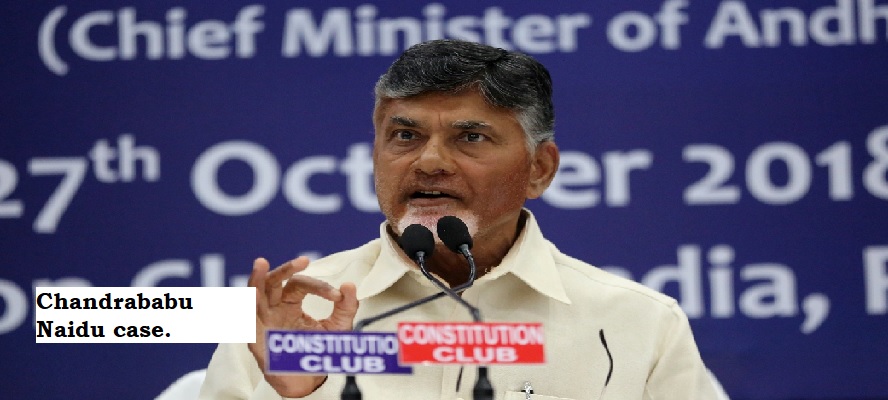


In the legal proceedings surrounding the Chandrababu Naidu case, a division bench of the Supreme Court found itself at odds not only over the retrospective application of Section 17A of the Prevention of Corruption Act 1988 (PC Act) but also on the crucial issue of when the inquiry under the PC Act officially commenced. This intricacy arose from the question of whether the commencement of the investigation could be traced back to June 5, 2018, a date antecedent to the initiation of the 2018 amendment, which came into effect on July 26, 2018. Notably, this date holds significance as it precedes the registration of the First Information Report (FIR) in the case, which occurred on December 9, 2021.
The crux of the matter rested on the interpretation of Section 17A of the PC Act and the events leading up to the formal initiation of the inquiry. The divergence of opinions within the bench became evident as Justice Aniruddha Bose and Justice Trivedi presented conflicting viewpoints on the retrospective application of Section 17A and the timing of the inquiry's commencement.
Justice Bose argued against deeming the inquiry to have commenced on June 5, 2018. According to his perspective, a mere request to conduct an inquiry should not serve as the trigger point for the commencement of an investigation under the provisions of the PC Act. In his elucidation of the meaning of terms such as "enquiry," "inquiry," or "investigation," Justice Bose emphasized the positive exercise required in searching for details or particulars related to allegations of an offense. He drew attention to the definitions provided in the 1973 Code, indicating that an inquiry conducted under the Code by a Magistrate or Court is distinct from the proceedings conducted by a police officer for the collection of evidence.
Justice Bose clarified that the actions undertaken by the state after June 5, 2018, did not constitute a formal inquiry or investigation. No steps under the 1973 Code were taken by the state until the year 2021. He contended that the letters dated June 5, 2018, and an earlier letter from the taxing authority dated May 14, 2018, were requests to initiate an inquiry but did not mark the actual commencement of any inquiry before the specified dates in the year 2021. Consequently, Justice Bose rejected the finding of the High Court that a regular inquiry had already been initiated on June 5, 2018.
On the contrary, Justice Trivedi adopted a different stance, relying on the Standard Operating Procedures (SOPs) issued by the Ministry of Personnel, Public Grievances and Pensions (Department of Personnel & Training) dated September 3, 2021. According to these SOPs, "enquiry" is defined as any action taken to verify whether the information received by the Police Officer pertains to the commission of an offense under the Act. In alignment with this interpretation, Justice Trivedi considered the letter dated June 5, 2018, as the initiation of the inquiry against Naidu. Importantly, he maintained that the initiation occurred before Section 17A came into effect.
Justice Trivedi's perspective introduced the dimension of prospective application, asserting that the new provision of Section 17A could not serve as a protective shield for Naidu retroactively. Consequently, he argued that a previous sanction to prosecute Naidu, concerning the offense committed before the commencement of Section 17A, was not required under the PC Act to initiate an inquiry against Naidu.
In summary, the divergence of opinions within the Supreme Court division bench revolved around the interpretation of Section 17A of the PC Act and the pivotal question of when the inquiry against Chandrababu Naidu officially commenced. The contrasting views of Justice Bose and Justice Trivedi underscored the complexity and nuances involved in legal deliberations, particularly when addressing the retrospective application of legislative amendments and the initiation of inquiries in corruption cases.
TAGS: Chandrababu Naidu case Supreme Court division bench Section 17A of the Prevention of Corruption Act 1988 Retrospective application Commencement of inquiry 2018 amendment